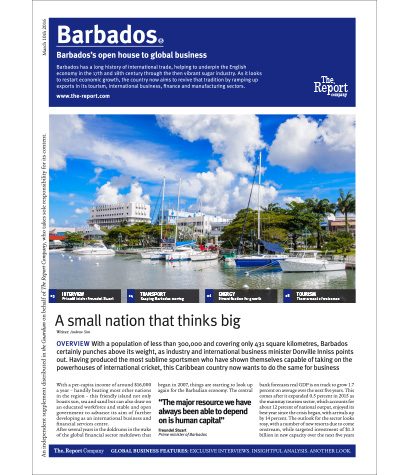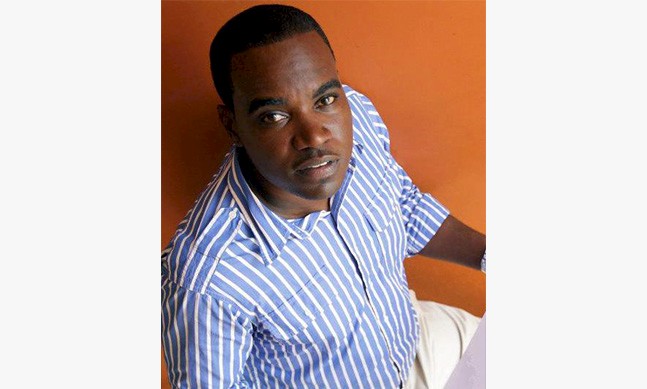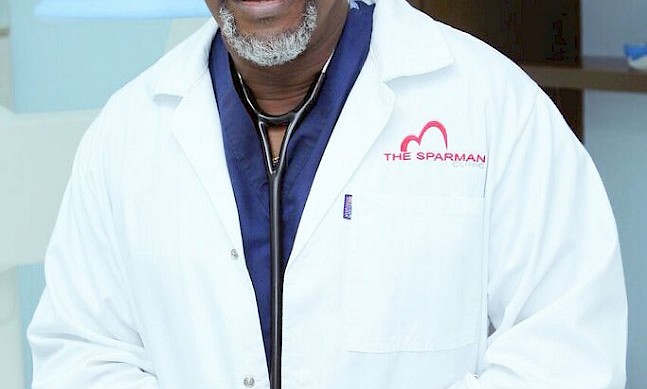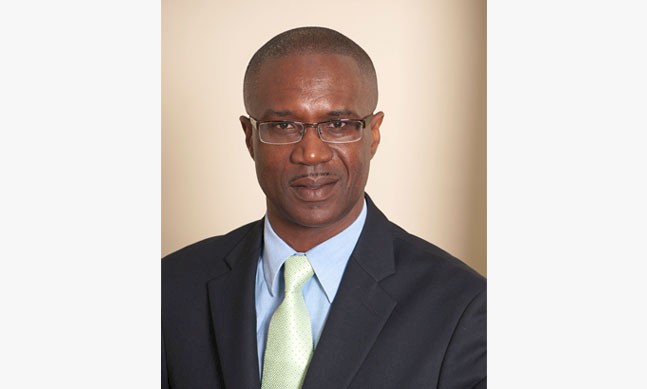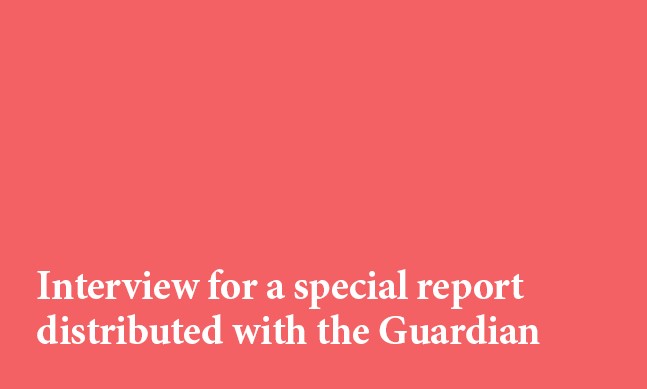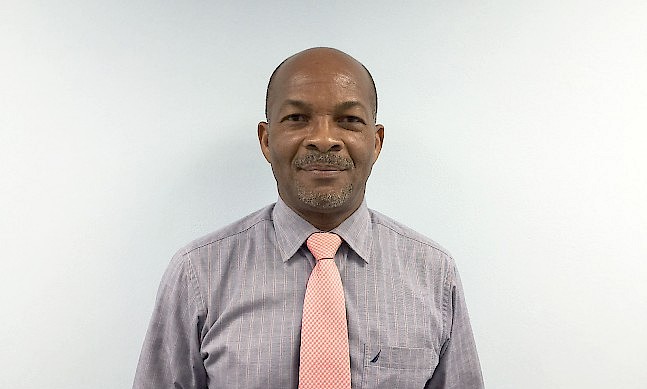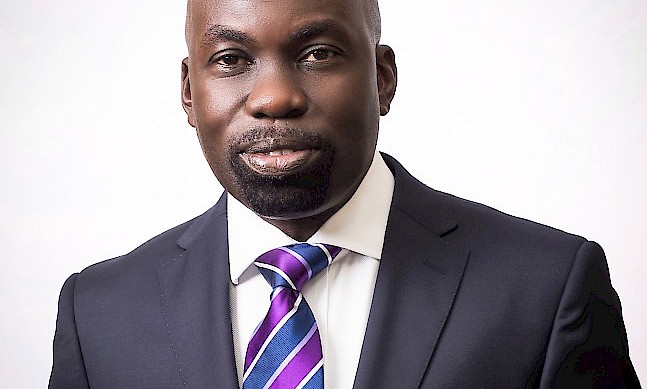Named several times as the “Caribbean’s leading airport” by the World Travel Awards, Grantley Adams International Airport handles the vast majority of Barbados’ tourist arrivals. David Barrow, who has served as the airport’s CEO for over five years, spoke to The Report Company about the initiatives in place to ensure they have the best experience possible.
The Report Company: How would you introduce the Barbados of today?
David Barrow: Barbados has a long association with the UK, having been a colony since the 1600s when the first settlers came. Barbadians have a colonial mentality; they think that Barbados is a big country and they are very proud of their country. They don’t necessarily feel constrained by the geographical size of the country. Most Barbadians abroad maintain contact with their friends and family, so we have a very active diaspora. We have a good education system, and although we have our issues, and the economy is struggling to some extent, we do alright.
TRC: Tourism originates at the airport for the most part. What kind of experience are you looking to create for tourists?
DB: We are looking to create a very customer friendly and customer-centric experience. We are working on the guest relations aspect of our operations, both for incoming and outgoing passengers. We take the same perspective as a hotel and focus upon guest relations and customer services. Better customer relations are the business of everyone who works in our airport.
TRC: What expansion plans do you have?
DB: Right now, we are planning to cater for the tourist season and the air to sea traffic, which are those passengers who come in on aircraft to go and join the cruise ships and vice-versa. This traffic runs for six months, it is concentrated on weekends, and it puts us at our peak capacity in terms of outgoing passengers for the days Thursday through Monday. We have expanded our seating area to accommodate that rush of people and we are also going to expand our regional lounge which is where most of the Caribbean flights leave from. We have made logistical changes in how we run that during our peak hours. In the future, we are also going to have jet bridges. We are planning for about five of those. This should be some time next year.
Beyond that, we are also implementing a new green energy strategy wherein we will power the entire airport through the use of photovoltaics. We are going to install a photovoltaic farm that can take care of the present electrical capacity of the airport, plus enough to carry us forward to the medium term. That is pretty exciting.
“We are implementing a new green energy strategy wherein we will power the entire airport through the use of photovoltaics”Tweet This
TRC: How easy is it to access the right human resources in Barbados?
DB: We are easily confident about our human resources. We in terms of our education system, those basics are there, and the question after that is simply the specific training in specific areas which is straightforward. We have some very well-trained people here. Our staff operate all the navigation aids, we maintain the radar, we maintain all the radio communications. We are going to the next phase of aircraft surveillance technology, which is the next step after radar. All of this is Barbadian staff, thanks to our very good education system.
TRC: How would you appraise the relationship with the UK?
DB: We have to develop other relationships too, but the UK relationship is strong. The Canadian market needs to be built back up, because 40 or 50 years ago Canada was the biggest source market for tourism in Barbados. That has dropped in proportion to the European market. The European market has built up because it has gone from a purely top end market with the introduction of affordable fares to now have a wider spread of the market. We can’t take the UK for granted, but it is a stable source. Canada has waned in terms of proportion, Europe is coming up and of course now we have new services coming from South America.
TRC: What are your future objectives?
DB: We intend to rise higher in terms of our performance and capability. We are the first and last impression of visitors to the island. We have to give good information, a good ambience and a good service to get people to return. That is a big part of sustainable tourism, because if nobody comes back then it is not sustainable.
